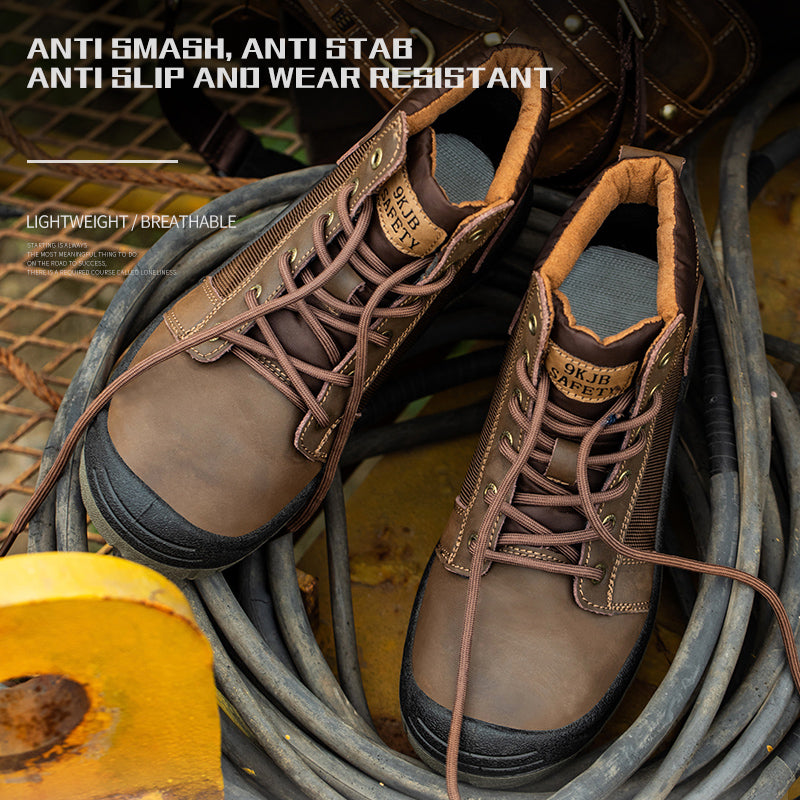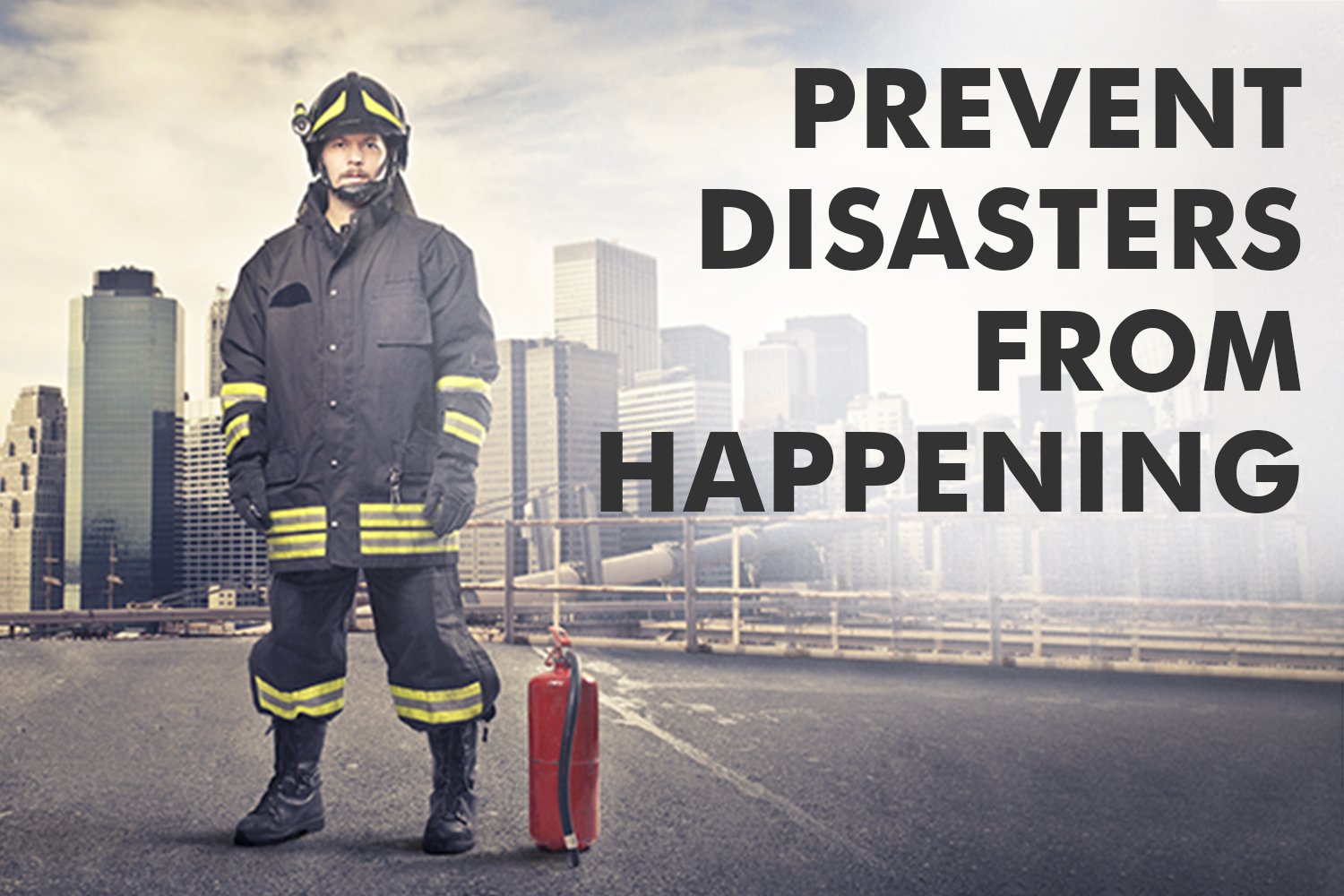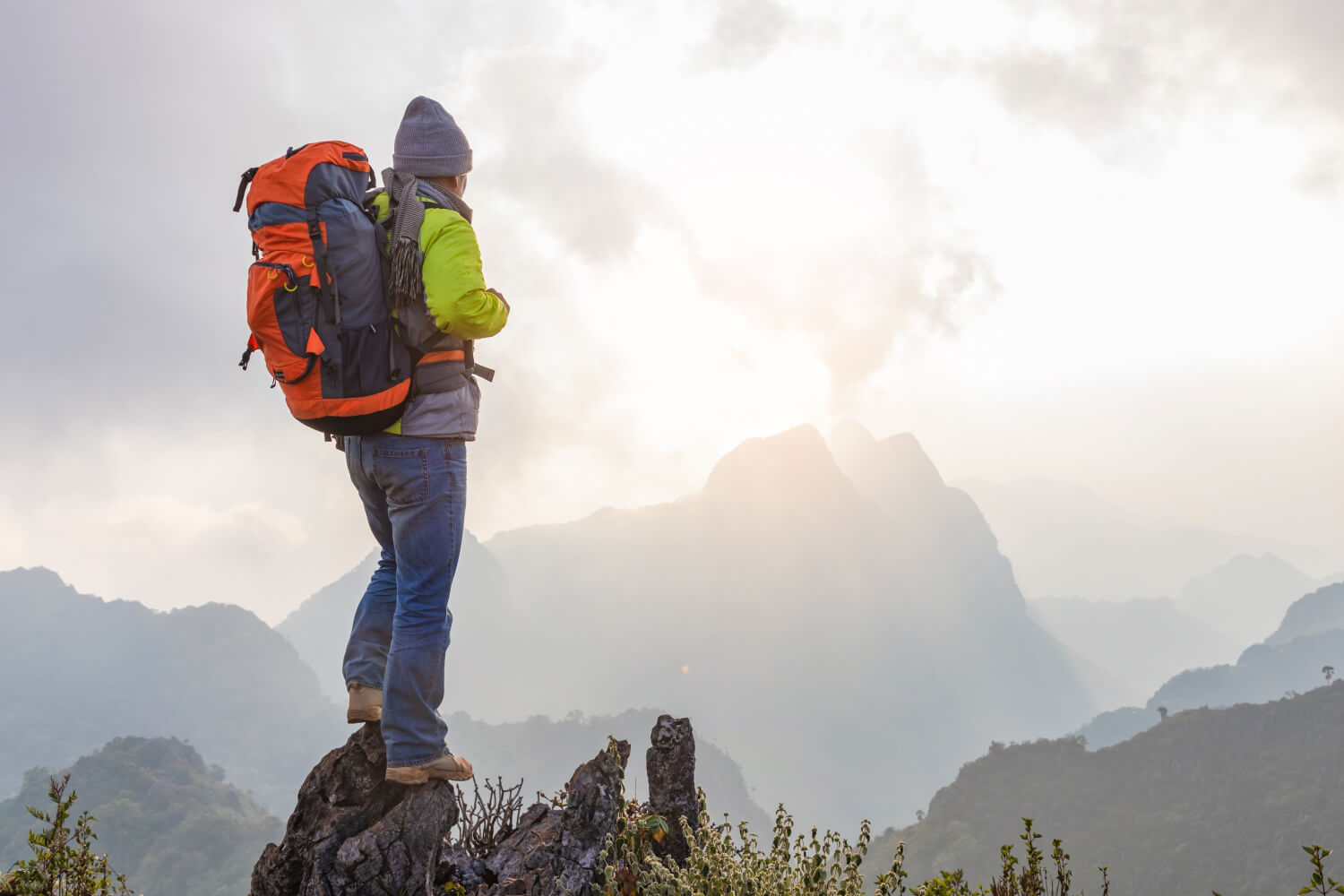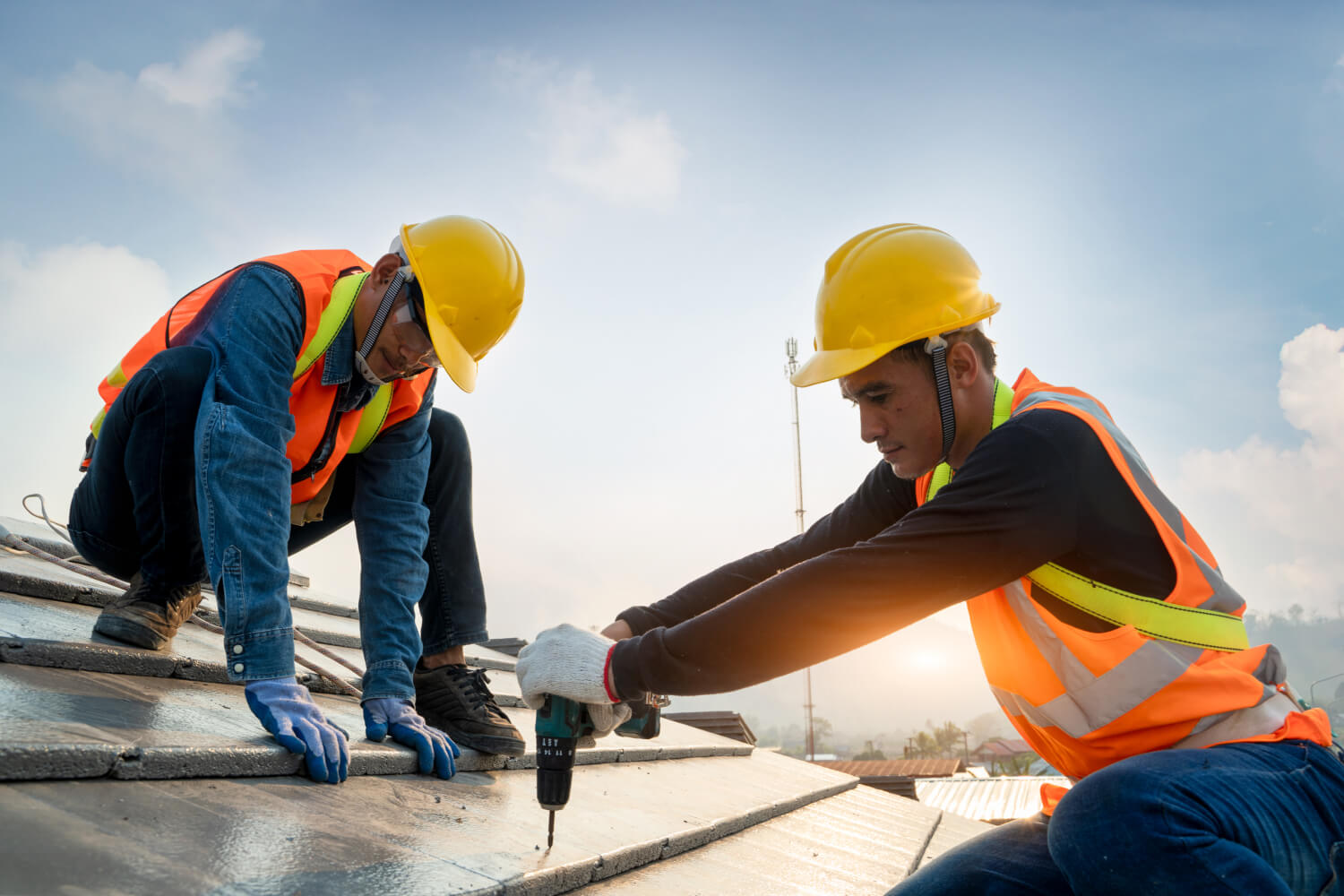On average, 9 people die in U.S. home fires every day.Fire is one of those things that we don’t think about until it’s too late. We never think ‘This will probably’ happen to me so I need to make sure I’m ready for it.
In fact, 40% of people surveyed by the American Red Cross thought they were more likely to win the lottery or get struck by lightning than to have a house fire. Which isn’t close to true. (Unfortunately, regarding winning the lotto)
Statistically speaking, about 371,500 house fires happen every single year. Over the course of your life, it’s likely you’ll experience one, though hopefully a minor one.
So let’s make sure you’re prepared for it.
The most dangerous part of a fire
We can better prepare for a fire by knowing what’s dangerous about it.
Now, obviously, the fire itself is pretty dangerous. So don’t expect to just get wet and run through fire without reprecussions. (Sidenote: Many times being wet is MORE dangerous — We’ll tell you why soon)
But the vast majority of fire related deaths isn’t from direct exposure to the fire. Instead, it’s because of smoke inhalation. Smoke is actually the most dangerous part of being in a serious fire.
That means the #1 protection you have against fire is actually a properly functioning fire alarm. So make sure it’s always installed and has charged batteries.
Common sense practices for an uncommonly fire safe home
Here are the fundamental steps for fire safety in your home.
- Install a smoke alarm if you don’t have one. It’ll save your life. Keep it either in the kitchen or adjacent to the kitchen to make sure it senses smoke quickly. Make sure the batteries are charged as well.

- Make sure your electrical wiring is up to par. The second most common cause of fires (after kitchen mishaps) is faulty wiring. Especially if it wasn’t done by a professional initially. This is a once a year maintenance.
- Clean the oven. We can’t overstate how much more common kitchen-sourced fires sate than other sources. Over time, layers of grease and oil build up in tour story. This makes them a constant risk of fire.

- Have an escape route. It’s always possible for things to catch fire in your home. So on the chance that something happens, know your evacuation plan. And makes sure your family does too.

- Use this uncommon quality: Common sense. Don’t leave lit candles by themselves. Don’t throw cigarette butts in the trash. Things like that. Just keeping good, conscious head on your shoulders will make a huge difference.
If disaster strikes then do this
Despite the best laid plans of men, there always come a time when things go south.
If you find yourself in the midst of a house fire, here's what to focus on.
- Follow the evacuation plan. All buildings have them. A plan that you have in place, especially one you don't have to think about to perform anymore, makes a huge difference in your success rates.
- Pull the fire alarm. You're not the only one affected by a fire in your living space. It will happily spread to any nearby residences or sources of flammable material around. So be sure top pull the fire alarm so others are aware as soon as possible.
- Check doors and doorknobs for heat before entering. If you have to travel from room to room to get outside, there's a serious risk: Opening the door and feeding a fire on the other side, pulling it towards you FAST. Make sure to check for heat with the back of your hand before opening any doors.

- Stay Low. Remember how smoke is the most dangerous part of a fire. Smoke rises (along with the hottest air), so getting low will keep you breathing clear and conscious for longer. A hand to the wall will help with direction as you travel.
- Call the Fire Department. But only once you're clear and out of danger.
Again, fires are never something that's on our mind until it happens. And we all have this weird habit of thinking 'It wouldn't ever happen to me.'
But the reality is, it's more likely than we think. And it's important for us to be prepared. And not just for ourselves.
It's also for our partners, our parents and our children.
We have to know for them, who probably won't know for themselves. It could save a life.







